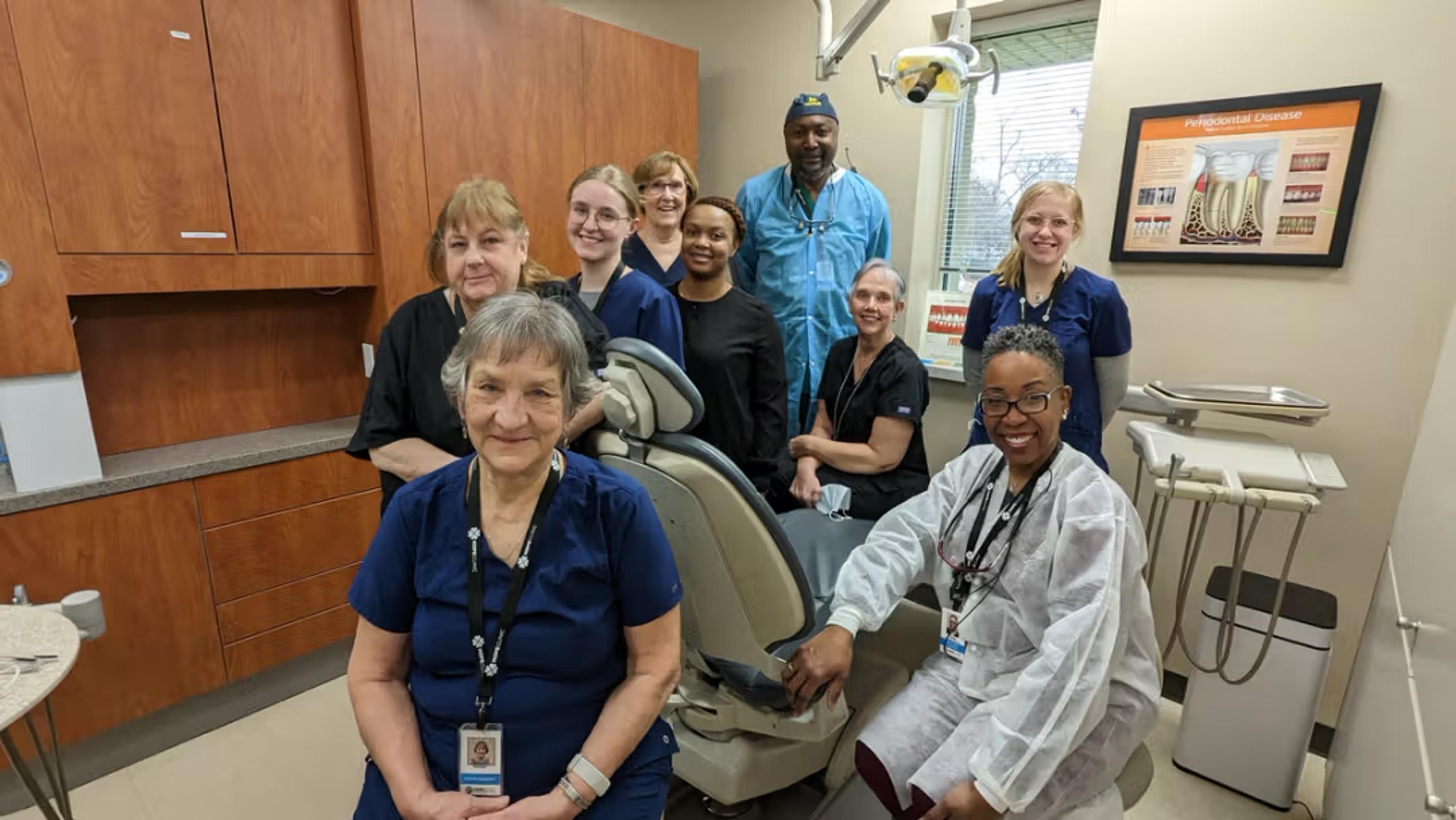What is Blue Cross Doing to Prevent Health Care Fraud?

Blue Daily
| 3 min read

Financial crimes might feel far removed from your everyday life, but did you know that health care fraud directly affects you?
Financial losses due to health care fraud account for 3% to 10% of health care costs, according to the National Health Care Anti-Fraud Association (NHCAA). This can lead to higher health insurance premiums and out-of-pocket expenses for you, as well as reduced benefits or coverage, per the NHCAA.
With more pressure on health care affordability than ever, mitigating health care fraud is essential. Here’s everything you need to know about fraud, including the role you play in detecting and preventing it.
What is health care fraud?
Health care fraud may be defined as an intentional act to defraud a health care benefit program or to obtain, through false representations, money or other property owned by a health care benefit program. This type of fraud involves a deception or misrepresentation that an individual or entity makes, knowing that the misrepresentation could result in some unauthorized benefit to the individual, entity or some other party.
Health care fraud takes on many forms, including:
- Durable Medical Equipment
- Services Not Rendered
- Not Medically Necessary
- Telemarketing Fraud
- Unbundling
- Upcoding
What is the impact of health care fraud in Michigan?
Health care fraud is not only a financial crime but can have serious patient safety impact as well.
Health care fraud is happening right here in Michigan. More than 100 doctors have been charged with health care fraud over the last decade.
It is not a victimless crime. It’s one that Blue Cross Blue Shield of Michigan takes extremely seriously.
What is Blue Cross Doing to combat health care fraud?
The Corporate and Financial Investigations (CFI) team at Blue Cross fights fraud with a group of accredited health care fraud investigators, certified fraud examiners, certified professional coders, data analysts and registered nurses.
They use algorithms to analyze claim files to identify suspected fraud, waste or abuse. The team strives to proactively identify irregularities to protect our customers and statistics over the last three-year sample size prove it has been successful.
CFI also monitors a 24-hour fraud hotline for employees, members and providers to report concerns of potential fraud. Hotline specialists answer calls from 8:30 a.m. to 4:30 p.m. daily and callers can leave a voicemail message after hours. Callers can choose to remain anonymous. Blue Cross maintains a policy which enforces non-retaliation and non-intimidation against those who report potential concerns.
What you can do to protect yourself against health care fraud
It’s important to never assume you are immune to health care fraud. Here are some steps to avoid becoming a victim of health care fraud:
- Review your Explanation of Benefits (EOB), which is mailed to you or available online after receiving health care services. This is the only way Blue Cross can verify service dates and services billed. Prescription and pharmacy claims data is not listed on an EOB. Members can view this information in their online account or in the mobile app.
- After receiving care, review your statement to verify that services rendered and amounts billed are accurate.
- Safeguard your insurance member ID card the same way you would your social security card. Do not share your contract number with an unverified source, especially marketers or solicitors.
- Beware of "free" medical services, as illicit entities use this tactic to obtain information. Even if you are not being charged, the provider can still bill BCBSM.
If you suspect fraud, you can call the Blue Cross toll-free Fraud Hotline at 844-STOP-FWA or the Medicare and government business Fraud Hotline at 888-650-8136 to confidentially report fraudulent activity. You can also send an email to stopfraud@bcbsm.com or file a report at this link.
Photo credit: Getty Images
Read on:





